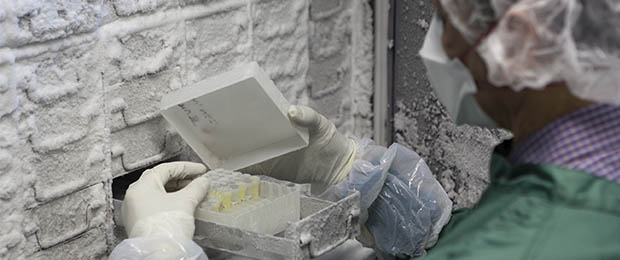According to the HFEA[1], since 2010, there has been a 460% increase in the number of women wishing to freeze their eggs. The HFEA even advises women to do this before the age of 35.
In 2016, 19% of these procedures were financed by the NHS on medical grounds such as cancer. The remaining 81% were carried out by private clinics for personal preventive reasons at an average cost of around £3,350 per woman. Zeynep Gurtin, a sociologist and researcher at the Centre for Family Research at Cambridge University sees this as “a growing business”.
As part of her research into fertility options for single women, Zeynep Gurtin has encountered two typical profiles. Women in their thirties “who are not yet ready for motherhood but are aware of their fertility”, whose relatives have had problems conceiving. They see the bill as “an investment to allay their concerns”. They are in the minority. Most of the women who choose this option are almost forty and still looking for “Mr Right”. They “do not see this as a strategy for delaying motherhood but as the only option to preserve their fertility”.
The rate of pregnancies from frozen eggs is currently around 18%, but this figure drops with advancing age, especially after 35. Zeynep Gurtin is not only concerned by the fact that “older women are potentially exploited by being made to pay large sums of money to freeze their eggs with unrealistic expectations”, but also that increasingly younger women are “targeted” by egg-freezing companies in search of new clients and keen to “take advantage of women’s growing concerns regarding reproduction”.
[1] HFEA: Human Fertilisation and Embryology Authority, a non-departmental, executive public body of the UK Department of Health, created in 1991.
The Guardian, Zeynep Gurtin (14/09/2018)

